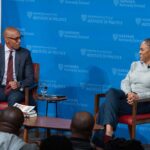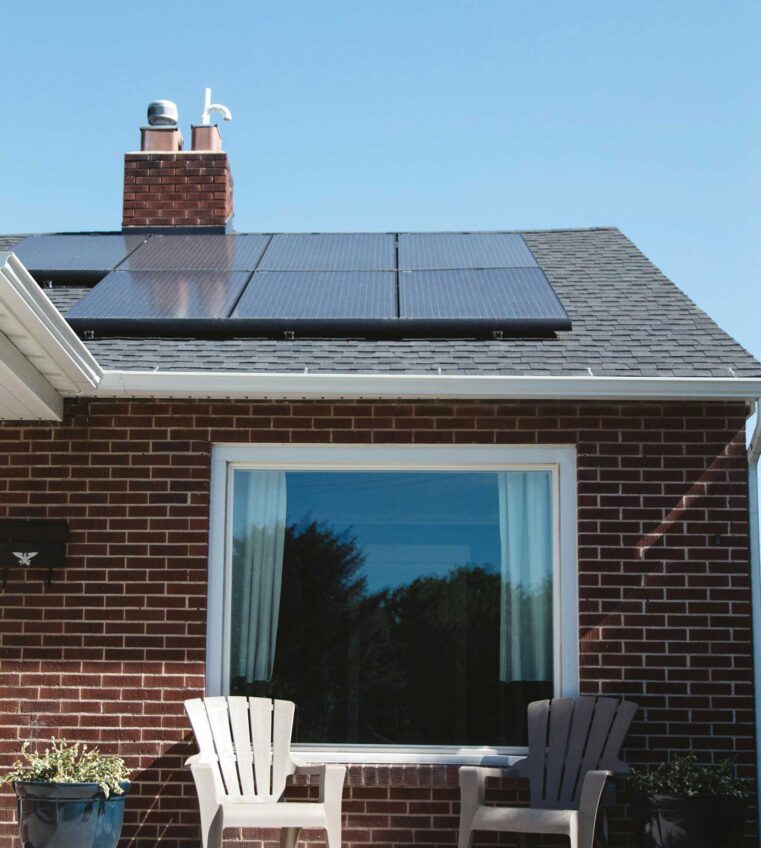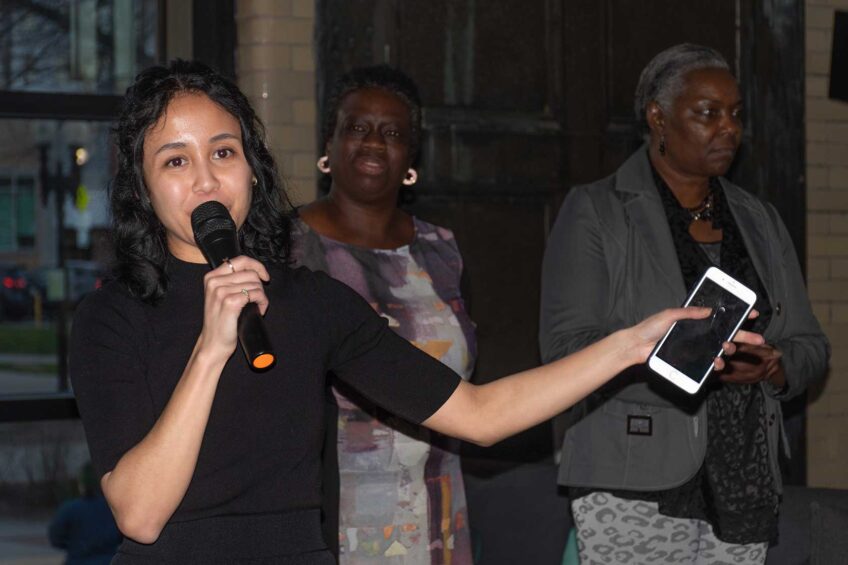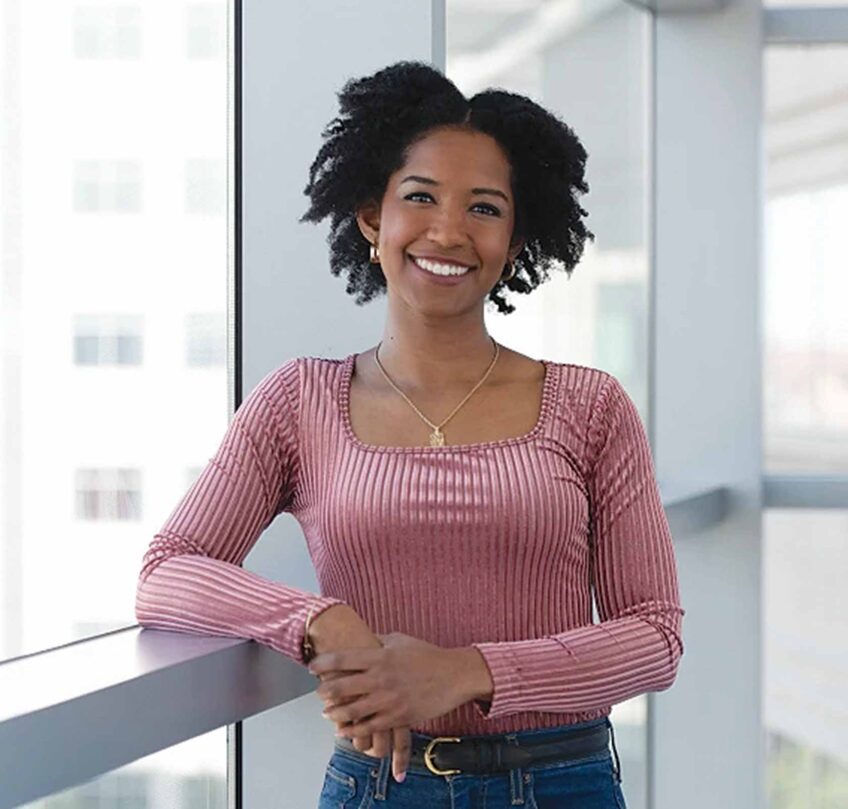Elected officials blast planned MBTA fare hikes
Pushback from community at public meeting
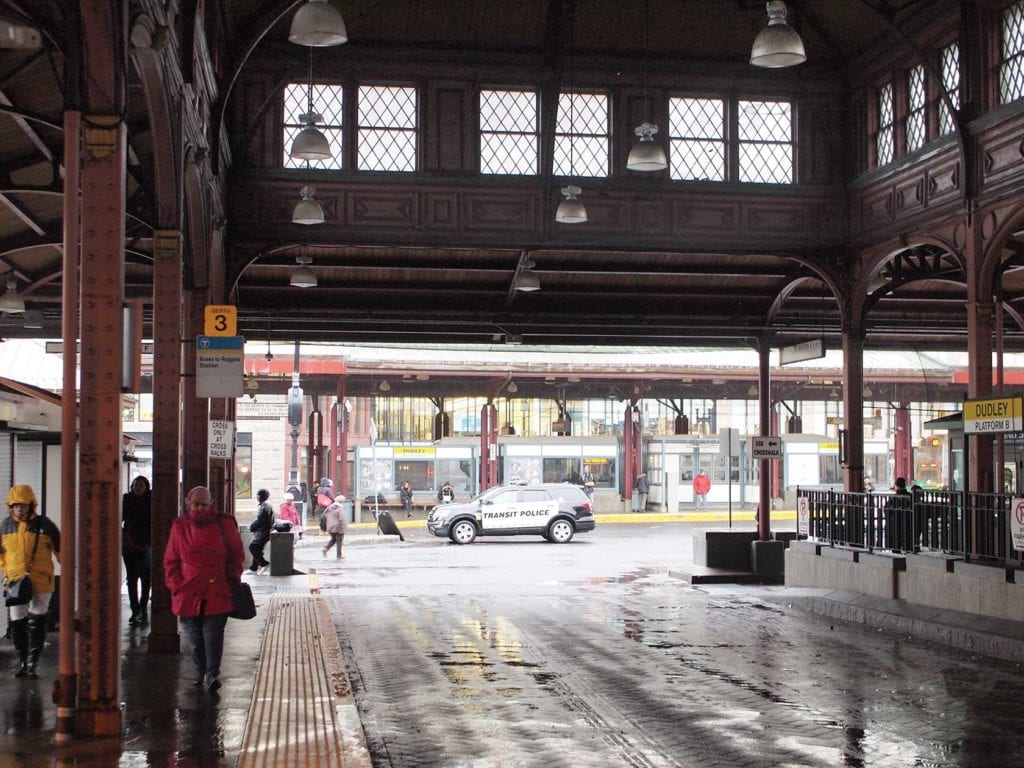
At a public meeting hosted by the MBTA last week, elected officials and commuters slammed the transportation agency’s recent proposal of a 6.3 percent increase in fares starting July 1, 2019.
Boston City Councilor Michelle Wu, who has joined forces with a coalition of grassroots organizations petitioning the fare hike, said, “Over the last month I’ve heard from thousands of residents who rely on the T and will face hardship as a direct result of this increase.”
Under the plan, the one-way bus fare would increase by 10 cents from $1.70 to $1.80, the one-way subway fare would increase by 15 cents from $2.25 to $2.40, the seven-day subway/bus LinkPass would increase by $1.25 from $21.25 to $22.50 and the monthly LinkPass would increase by $5.50 from $84.50 to $90.
Reduced one-way fares for seniors and students would increase by $0.05, while reduced monthly passes for seniors and students would increase by $2.00.
Local one-way bus fare paid in cash would remain at $2.00 per ride.
According to MBTA general manager Steve Poftak, the rise in fares is expected to raise $32 million in revenue and result in a projected ridership loss of 1.3 percent. He also indicated that the increase would not cause disparate economic burdens.
“The proposal passes the Title VI equity analysis, in terms of not having a disparate impact on minority and low income riders,” said Poftak at the meeting, held at the State Transportation Building downtown and attended by dozens of people.
In the hours that followed Poftak’s statement, however, testimony from members of the public challenged the MBTA’s stance on how much of an economic burden the proposed fare changes would have on riders and expressed their dissatisfaction with the current quality of MBTA service.
Caroline Kimball-Katz, deputy chief of staff for Boston City Council President Andrea Campbell, read a statement on Campbell’s behalf that supported Wu’s stance. “The MBTA certainly needs more investment but it is not right to put it on the backs of hardworking residents struggling to stay in Boston as rent and other costs of living continue to increase,” the statement read.
Adrian Madaro, state representative for the 1st Suffolk District, read a statement from the Boston Delegation, a group of state representatives and senators who represent Boston.
“Instead of immediately pursuing increased fares, we ask that the MBTA delay this proposal,” the statement read, “and hold additional public meetings to continue the discussion about fares … and gather feedback from constituents, commuters and other stakeholders to consider other alternatives.”
Andy Vargas, state representative for the 3rd Essex District, said the fare increase for commuter rail connection from the Merrimack Valley to Boston is “not sustainable for working people in my district,” and that he is committed to finding alternatives to raising revenue, such as dynamic tolling on highways.
Many of those who testified at the meeting also highlighted the burden that decreased MBTA ridership as a result of the increased fares would have on the environment.
Mike Connolly, state representative of the 26th Middlesex district, said, “This fare will push transit riders into their carbon-emitting automobiles, and in the face of this climate emergency, that is simply a terrible public policy.”
Brendan Kearney, communications director for WalkBoston, said, “Massachusetts is not short on ideas [to raise revenue for the T]. What is lacking is the political will.”
Sarah Levy, transit and environmental justice organizer for GreenRoots Chelsea, said, “MBTA service needs to get better before the price increases” and said the MBTA equity analysis “does not reflect reality.”
According to Poftak, the revenue from the previous MBTA fare increase in FY17 was invested in new vans for The Ride and the replacement of the red line fleet, as well as a “variety of investments towards improvements in service.”
There will be one last community meeting for public comment on the fare proposal, scheduled for Thursday, March 7 from 6 to 8 pm at the State Transportation Building.

